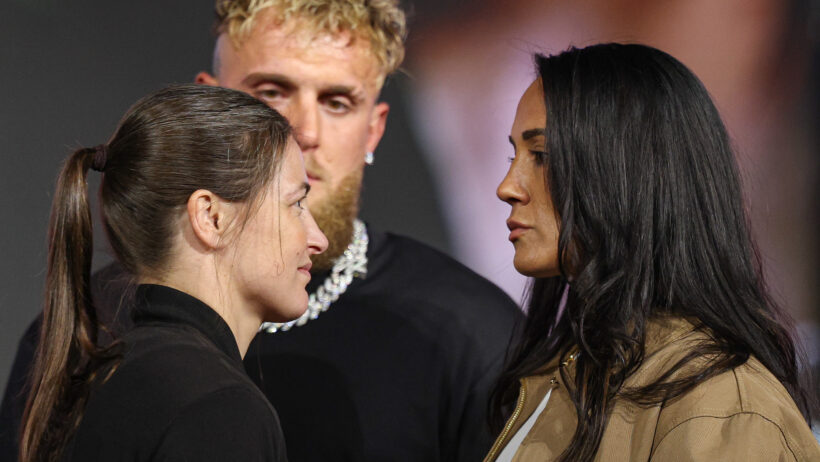Senate President Hopes for House Flexibility on Massachusetts Sports Betting
By Robert Linnehan in Sports Betting News
Published:

- Massachusetts Senate President Karen Spilka hopes House will drop all-or-nothing inclusion of college sports betting
- Conference committee working towards Massachusetts sports betting compromise
- Massachusetts legislature has until July 31 to legalize sports betting bill
The future of legalized Massachusetts sports betting may depend entirely on the inclusion of collegiate sports betting in a bill, according to a high-ranking member of the state legislature.
State Senate President Karen Spilka (D-2nd Middlesex and Norfolk) spoke with Tiziana Dearing yesterday on WBUR radio Boston and discussed the state’s chances of legalizing sports betting before its July 31 deadline.
With just five days left, however, the chances of a bill being ironed out are dwindling.
Hope for Massachusetts Sports Betting
At this point in time, Spilka said, sports betting is one of eight or nine ongoing conference committees working on bills in the state, but she hopes sports betting is passed before the upcoming deadline and sent to Gov. Charlie Baker’s (R) desk for his signature.
The one caveat? Spilka said the House will have to take a more realistic approach to the inclusion of collegiate sports betting on any proposed bill.
“The Speaker (Ronald J. Mariano) has said that if college betting isn’t it in, there’s no point in doing it. I would hope, and I would ask, that the Speaker change that position and not take an all-or-nothing approach,” she said.
The inclusion of collegiate sports betting in a Massachusetts sports betting bill would likely lead to between $25 million to $35 million more in annual revenue, but Spilka said she’s heard from several collegiate presidents and athletic directors urging legislative leaders to not include collegiate betting in a bill.
These leaders know their students better than anyone, she said, so why would state leaders ignore their pleas?
“It is not a good thing. These presidents and athletic directors know their students. That’s why in our Senate version of the bill we did not allow college, but we allowed all other sports betting,” she said.
Differences in House and Senate Sports Betting Bills
While collegiate sports betting is a sticking point for both legislatives bodies, the proposed bills also have several other differences that need to be ironed out.
The Senate approved bill sets its retail sports betting tax rate at 20% and the online sports betting tax rate at 35%. The bill allows for sports bets to be funded by debit cards or digital payment, but does not allow for credit cards to fund bets.
The bill also does not allow college sports betting and also imposes some of the strictest restrictions on marketing and advertising in the country. The law would not allow televised sports events in Massachusetts to air sports betting advertisements or broadcasts to mention sports betting sponsorships on air.
The House approved bill calls for much lower rates, with online sports betting at 15% and retail sports betting at 12.5%, and also allows collegiate sports betting. It features much less restrictive advertising and marketing rules and allows sports bettors to fund bets with a credit card.
The Senate bill allows for nine sports betting licenses, one for each brick-and-mortar casino in the state, and six untethered online sports betting licenses. The House bill allows each of the state casinos a sports betting license and up to three online sports betting skins. It also allows one license per state racetracks (the Senate bill does not) and one online sports betting skin. Finally, it allows for unlimited untethered online sports betting licenses, as long as they are approved by the Massachusetts Gaming Commission.

Regulatory Writer and Editor
Rob covers all regulatory developments in online gambling. He specializes in US sports betting news along with casino regulation news as one of the most trusted sources in the country.



